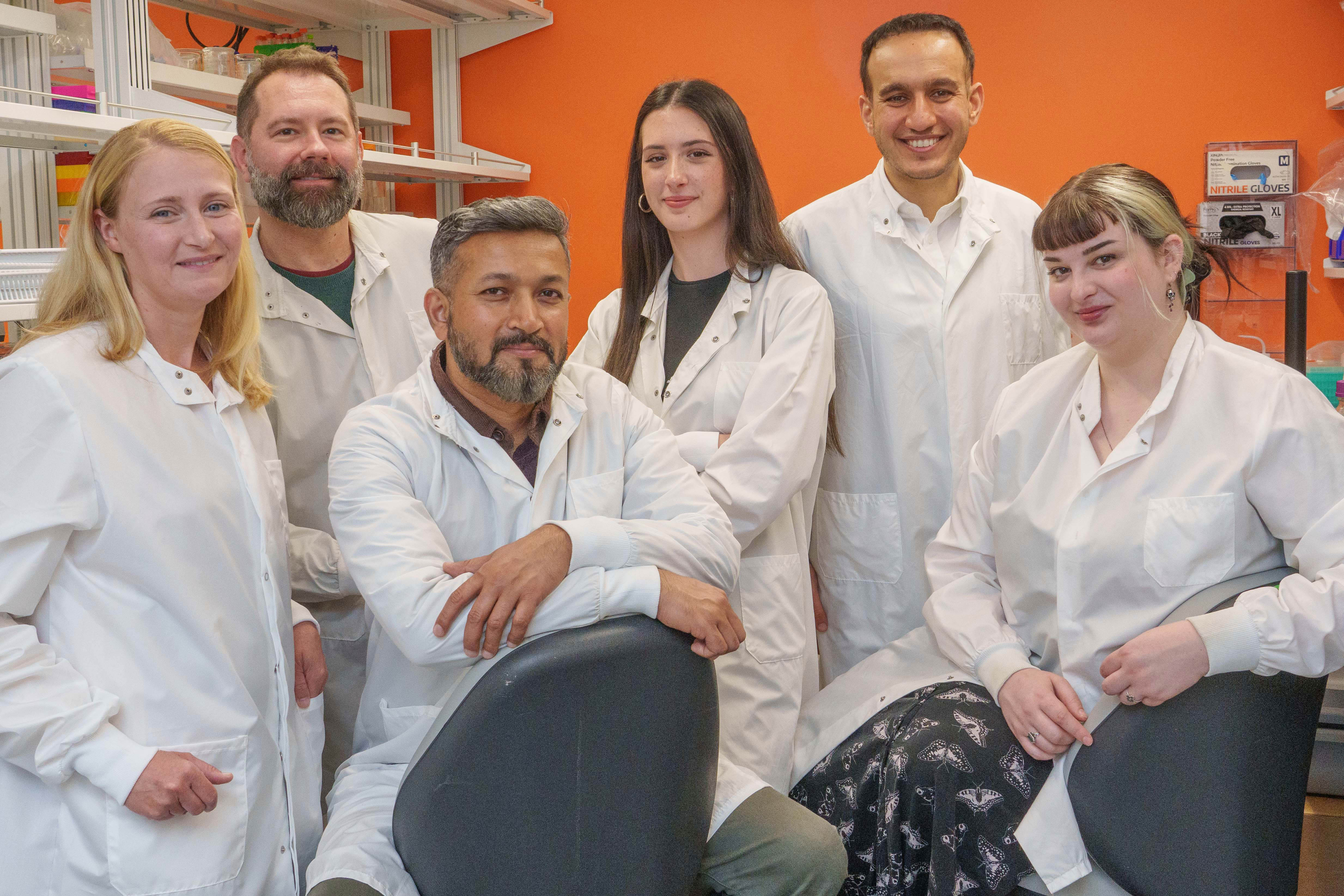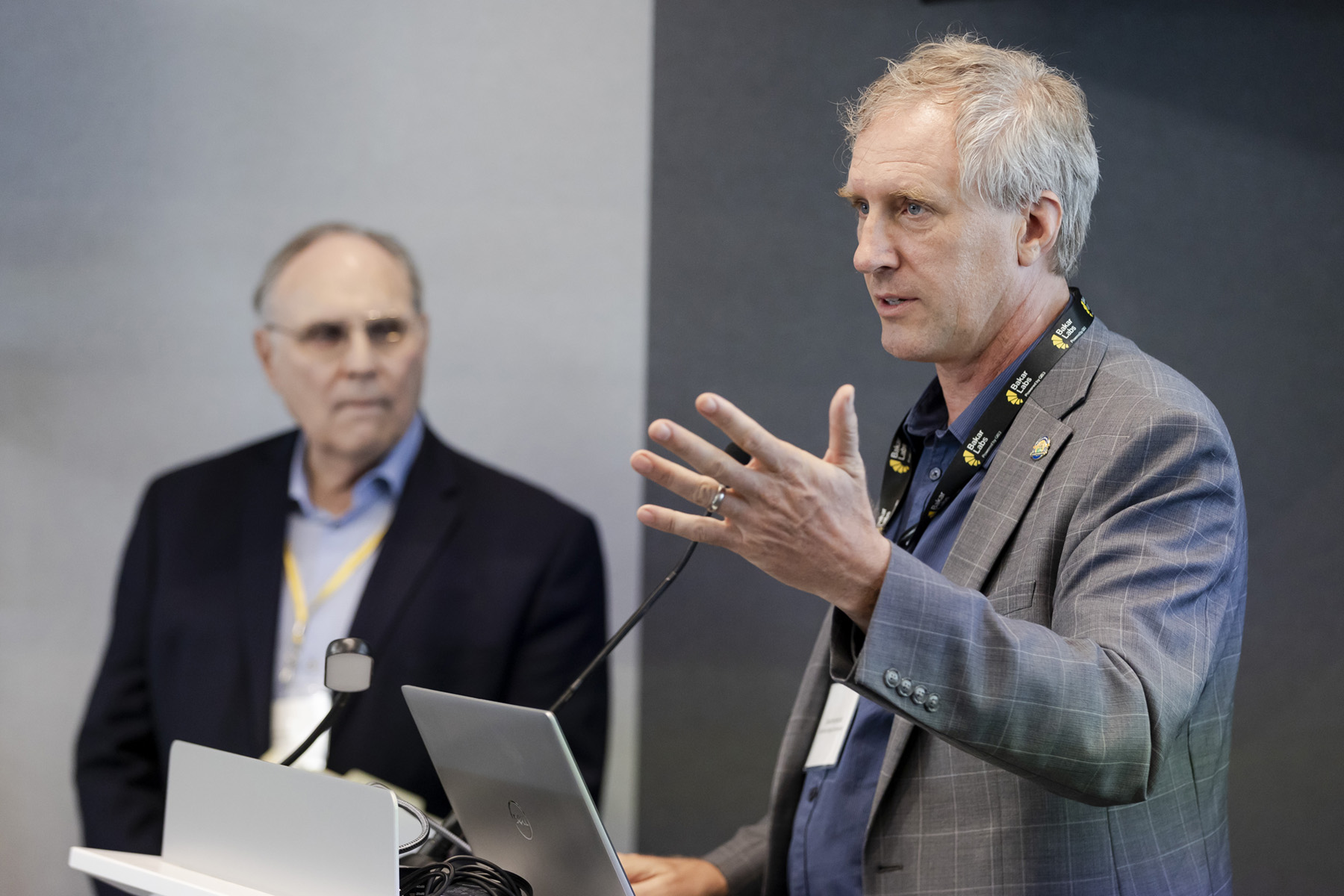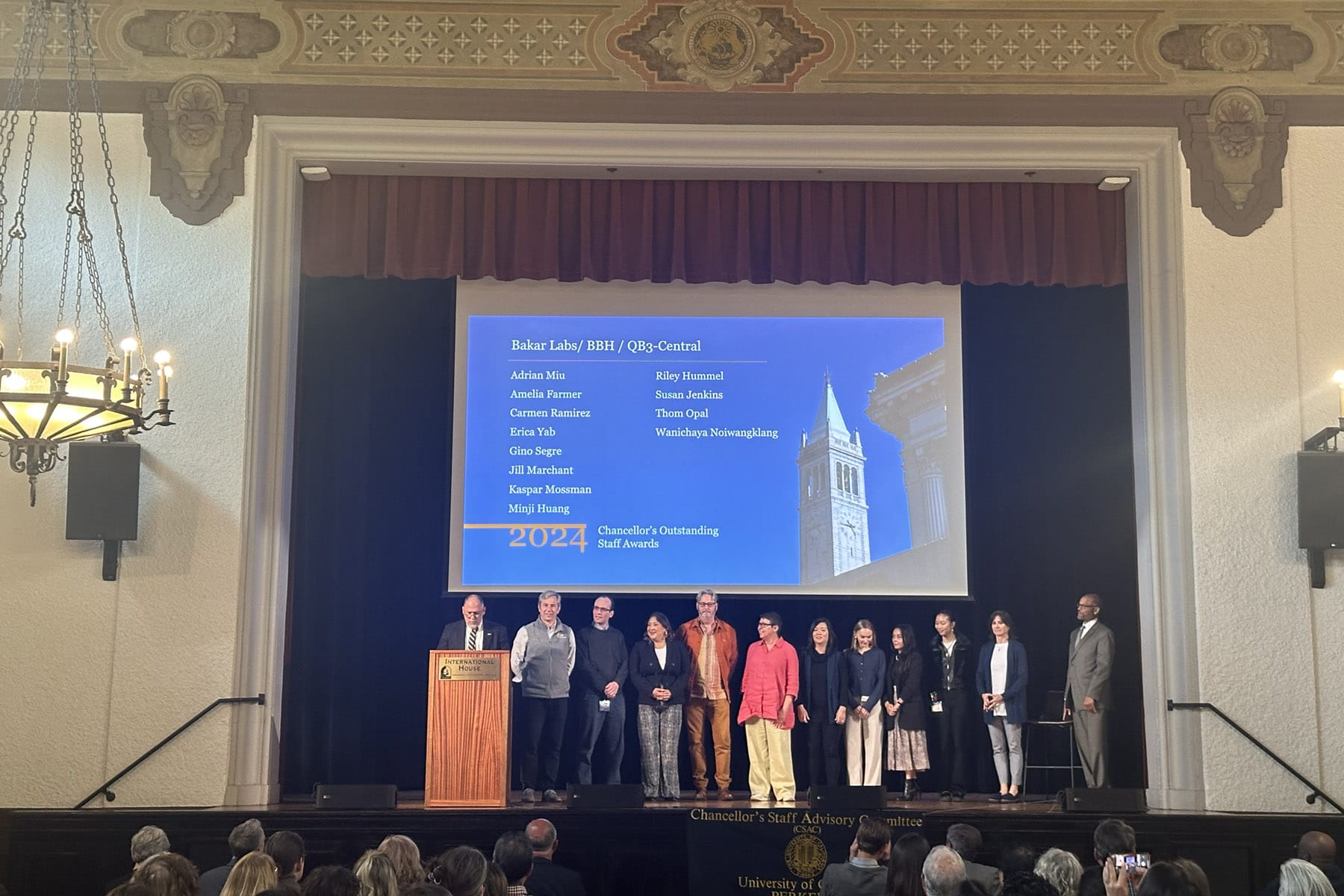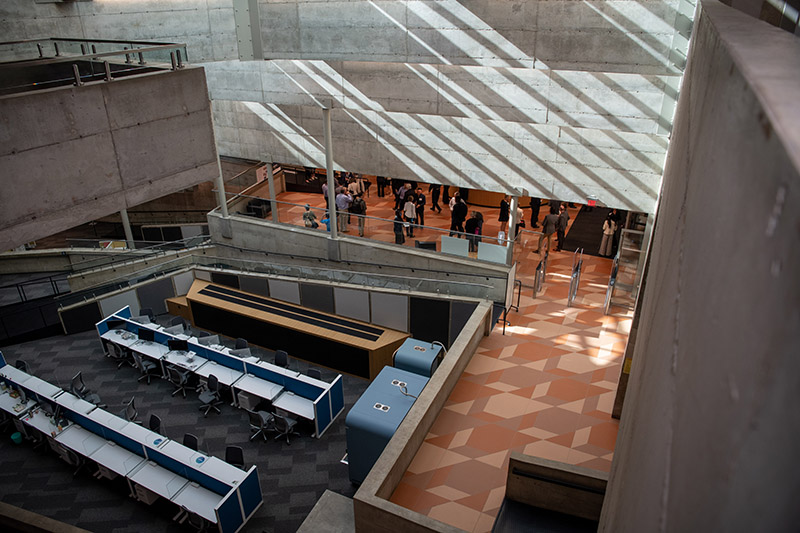Ethical Innovation: ResVita Bio Uses L’Oréal’s Leading Skin Technology to Develop Revolutionary New Skin Treatments
By Niki Borghei

A “Living” Solution for a Deadly Disease
About 1 in 200,000 newborns are born without adequate protection provided by the body’s largest organ—the skin. This rare skin disorder, called Netherton Syndrome, causes severe skin barrier defects, chronic inflammation, and a high risk of extreme dehydration and infections. With no FDA-approved treatment, this tragically results in a high infant mortality rate of up to 20%.
The good news is that we are on the cusp of having a life-saving solution on the market. A synthetic biology startup at Bakar Labs, ResVita Bio, has developed a cutting-edge therapeutic that is both user-friendly and revolutionary: a living therapeutic applied once a day, working like the body’s own cells to repair deficiencies. Their therapeutic is applied as a moisturizer, but it contains specially engineered bacterial cells. Once on the skin, these bacterial cells continuously produce whatever protein therapy is pre-designed.
“At ResVita Bio, we’re creating what we like to call the ‘ideal topical,’” says ResVita Bio’s CEO, Amin Zargar. “Think of how moisturizers work—they have active ingredients that help your skin, but they’re usually small molecules. Now, imagine if we could add proteins to the mix, which could do so much more for your skin. The problem is, proteins get broken down quickly, which is why our body’s cells are constantly making them.”
A Pipeline of Therapies
Beyond this rare condition, ResVita Bio is also developing a pipeline of therapies to address some of the most common medical and cosmetic skin problems: eczema, psoriasis, wound healing, radiation dermatitis, and even aging.
“Continuous protein therapy is a revolutionary approach, and there is no one else in our space that can compete with our platform’s versatility, speed, and progress,” says Amin. “We have shown production of therapies as small as topical peptides (~1 kDa) to large catalytic enzymes (~250 kDa).”
Clearly, ResVita Bio is not shy when it comes to innovation. But they have also managed to raise the bar for innovative cosmetic testing—without testing on animals.
Partnership with L’Oréal Positions ResVita for Cosmetic Trials
In June 2023, L’Oréal announced a new partnership with Bakar Labs to provide startup companies free access to the worldwide beauty leader’s skin technology platform, including reconstructed skin models for safe and ethical lab testing. L’Oréal, which has not tested its products on animals since 1989—14 years before regulations required it—has pioneered ethical alternatives, like their 3D skin models, that support groundbreaking research. This commitment has been crucial in supporting startups like ResVita Bio in their research and development efforts.
“For over four decades, L’Oréal has been at the forefront of advancing reconstructed human skin technology, developing state-of-the-art models that have revolutionized biological and dermatological research,” says Anne Colonna, Head of Advanced Research at L’Oréal. “Our Skin Technology integrates the best of biology, mechanics, and electronics to create inclusive testing models that replicate the complexity of human skin. This not only elevates testing standards across the cosmetics industry but also empowers startups, research institutes, and health industry players to leverage our expertise in their quest for innovation, all while supporting beauty with no animal testing.”
L’Oréal’s cutting-edge 3D skin aging model enables ResVita Bio to enhance its impact by allowing it to develop and optimize a treatment that can potentially transform approaches to extrinsic aging. The collaboration positions ResVita to begin cosmetic trials for its aging treatment by the end of the year, potentially setting a new standard in the field of skin care and anti-aging solutions.
L’Oréal continues advancing its skin technology by developing bioprinted skin that closely mimics natural human skin. This technology combines biology, mechanics, and electronics to replicate conditions such as eczema and acne and the ability to tan and heal from injuries. These innovations further L’Oréal’s commitment to responsible testing methods by providing a platform for scientific research and product testing, enhancing ethical standards for the industry.
A Bright Future Awaits for ResVita Bio
These developments are just the beginning of what promises to be a wealth of new applications from ResVita Bio’s technology. Since its founding in 2022, ResVita has achieved significant milestones just for its lead therapeutic in Netherton Syndrome. Building on the support of multiple SBIR grants from the NIH and a Rare Pediatric Disease Designation from the FDA, the company is working toward the first FDA-approved therapy for the rare skin disease, projected for 2028.
Strategic partnerships like the one with L’Oréal provide crucial resources and expertise that drive innovation and growth in the biotech and cosmetics industries and exemplify the power of collaboration in pushing the boundaries of innovation, ensuring a future where responsible testing becomes the industry standard.
To learn more about L’Oréal’s skin technology, please visit:
https://www.loreal.com/en/articles/science-and-technology/skin-technology
To learn more about ResVita Bio, please visit:





